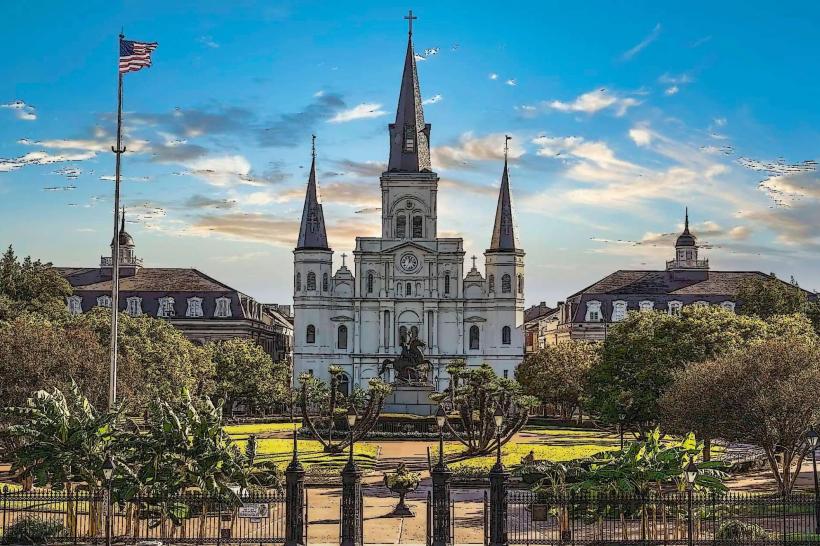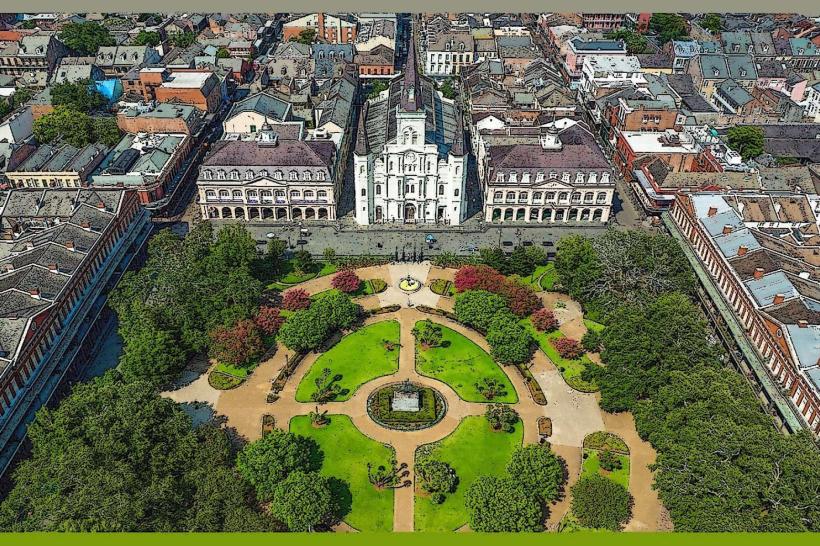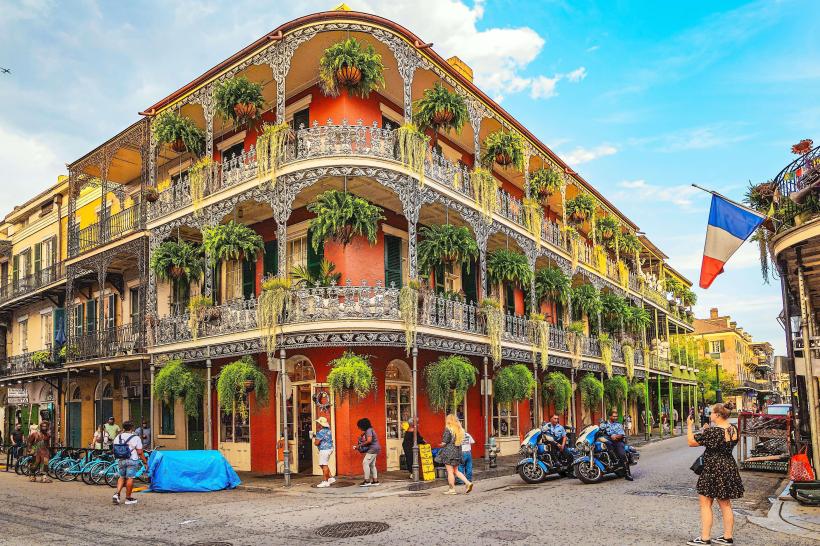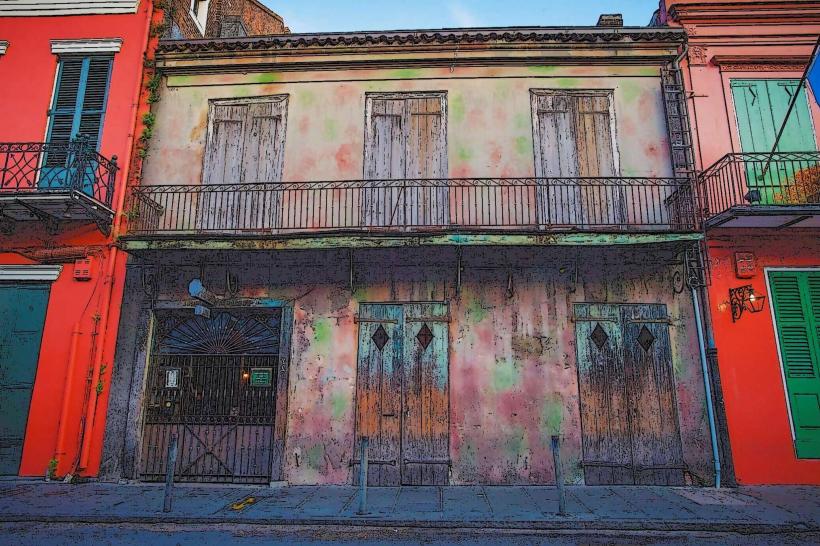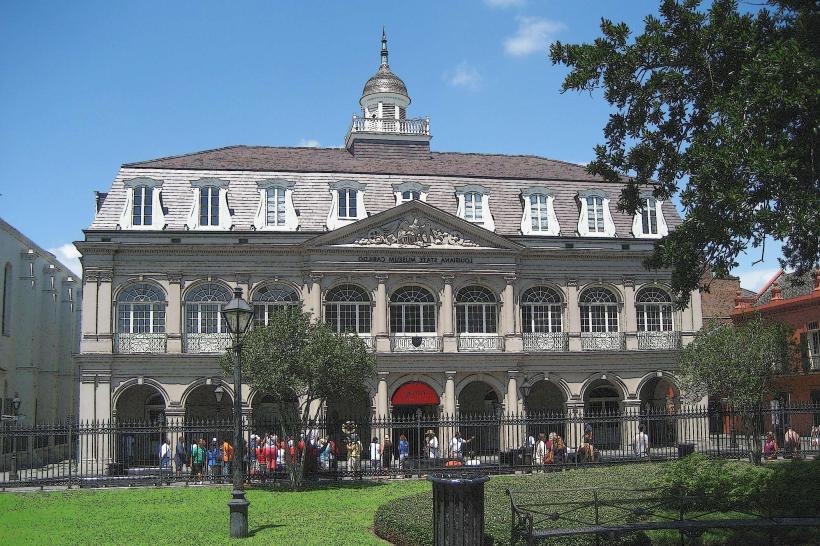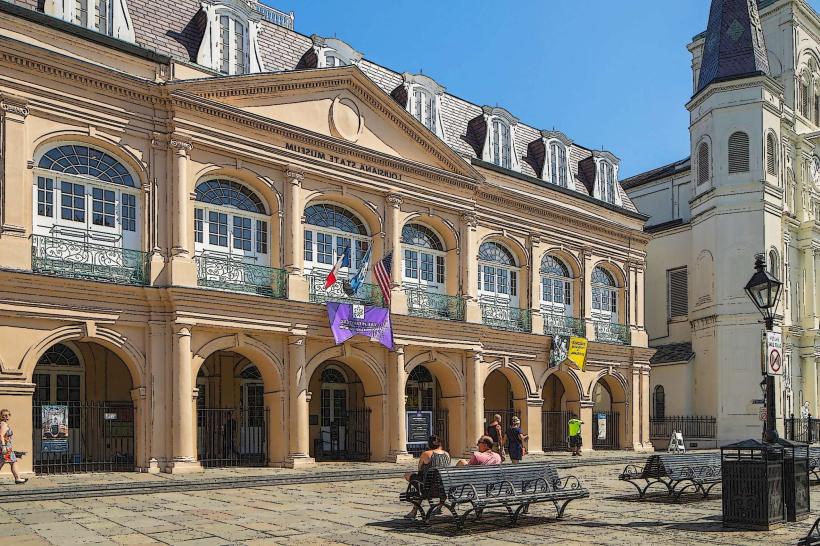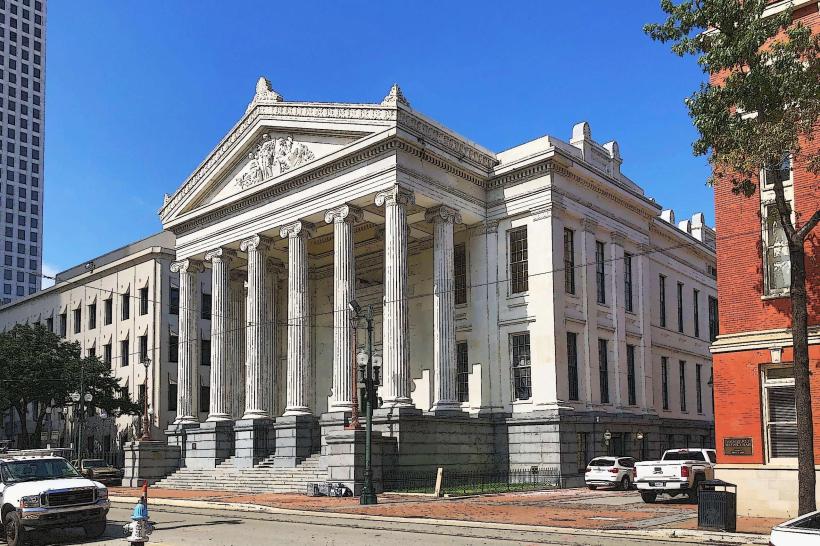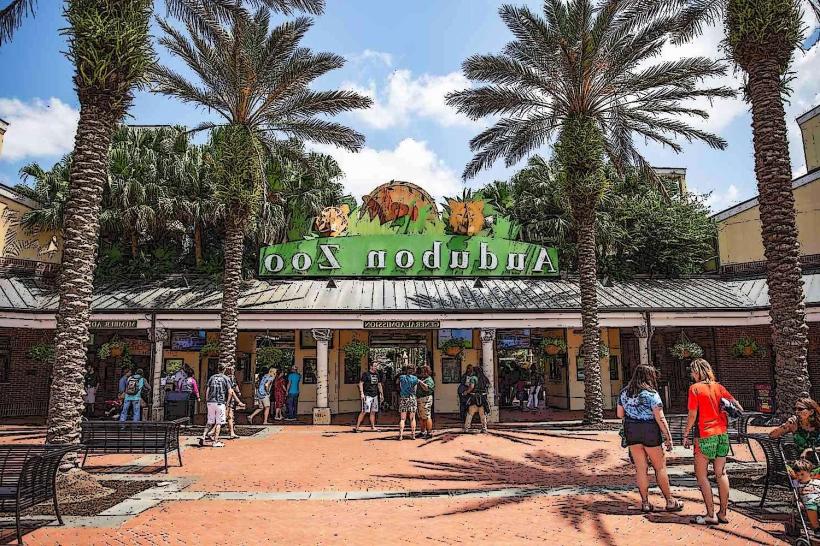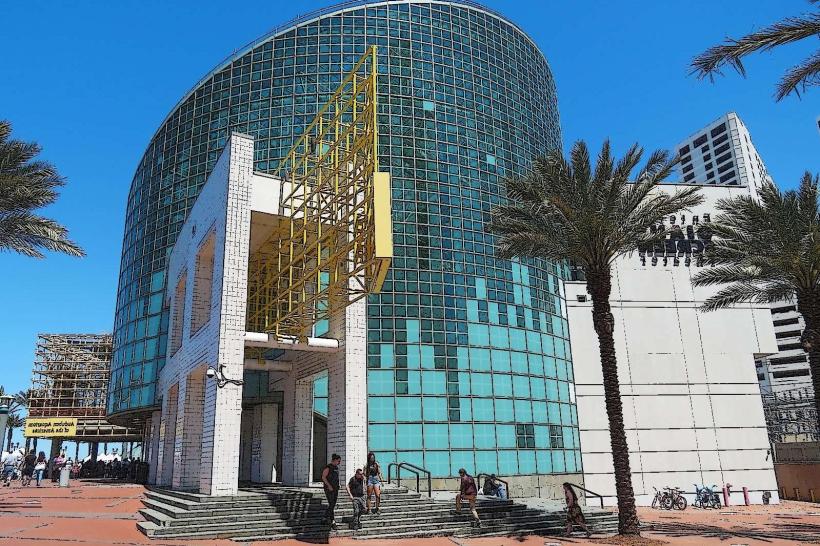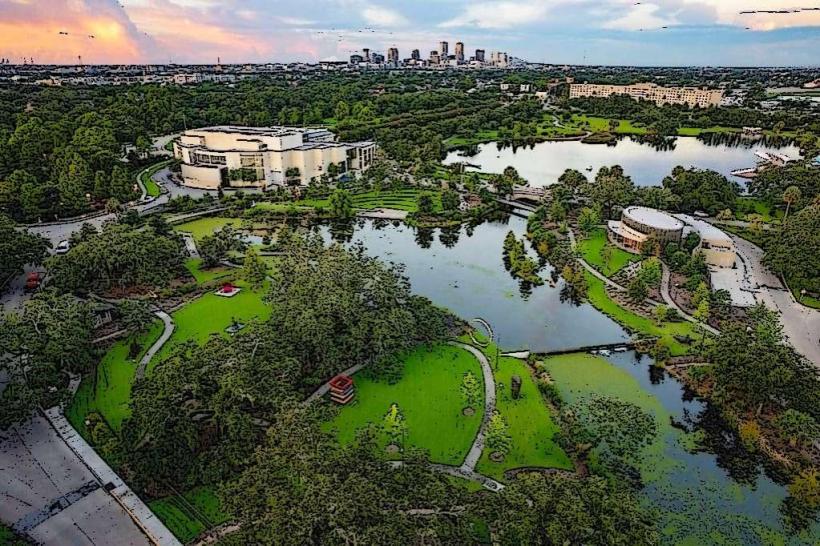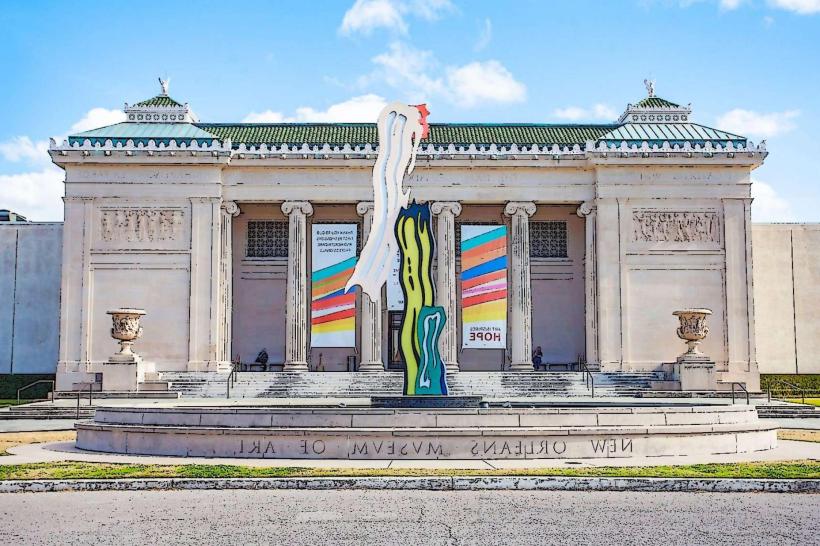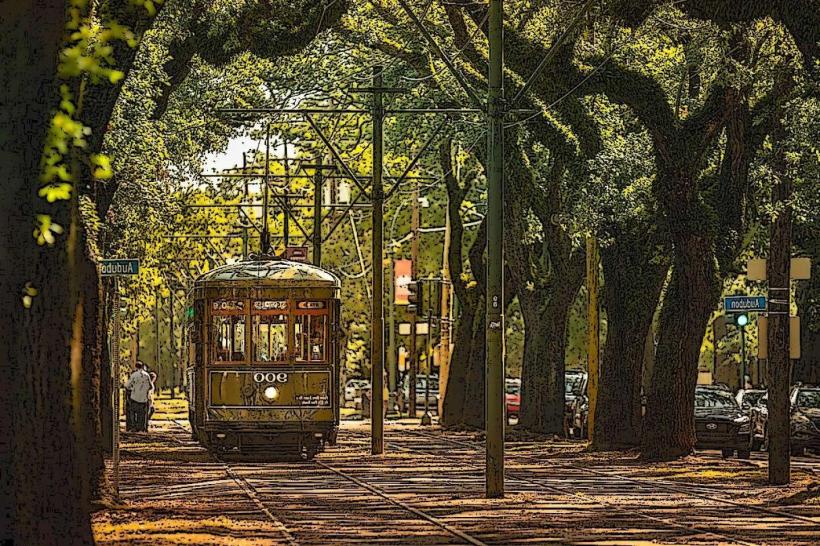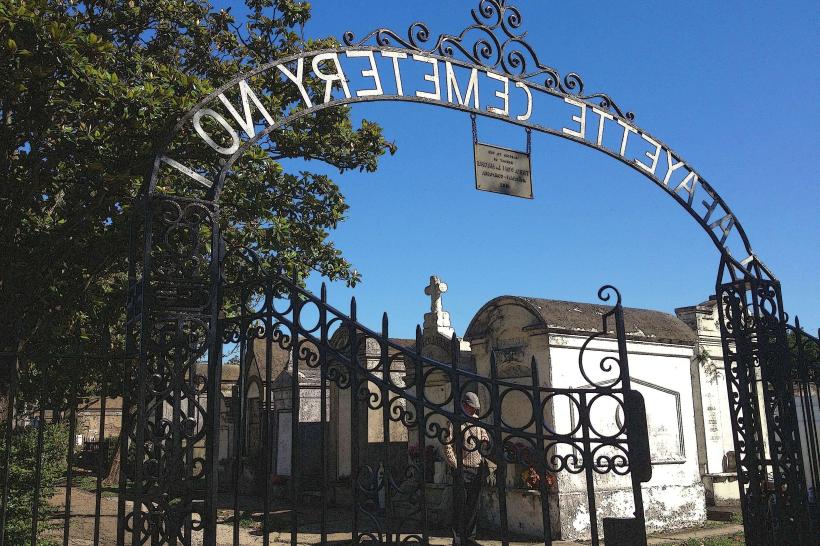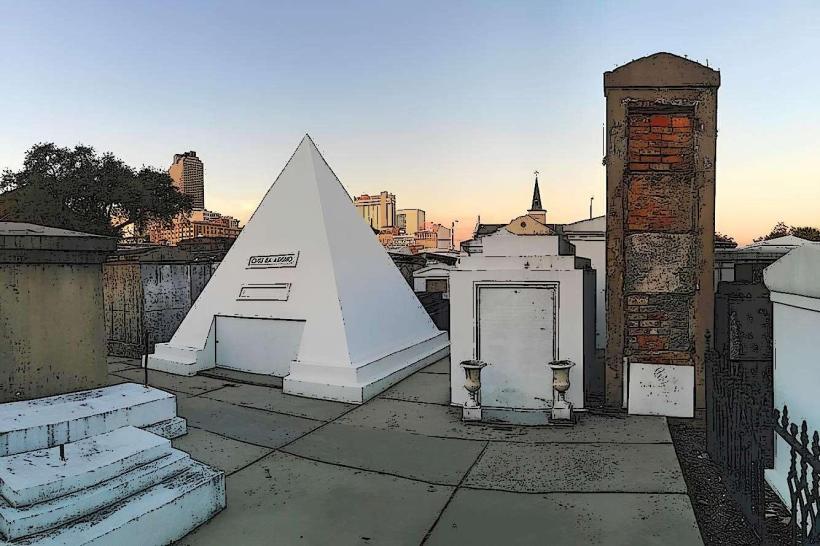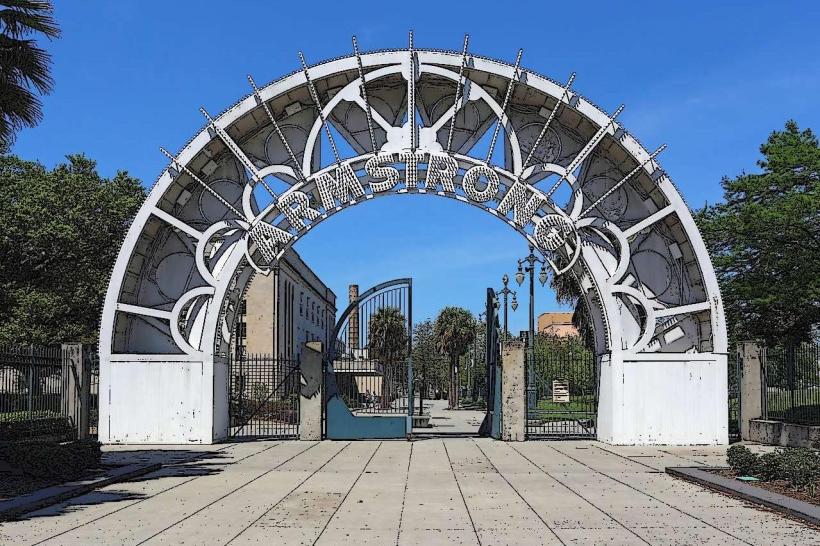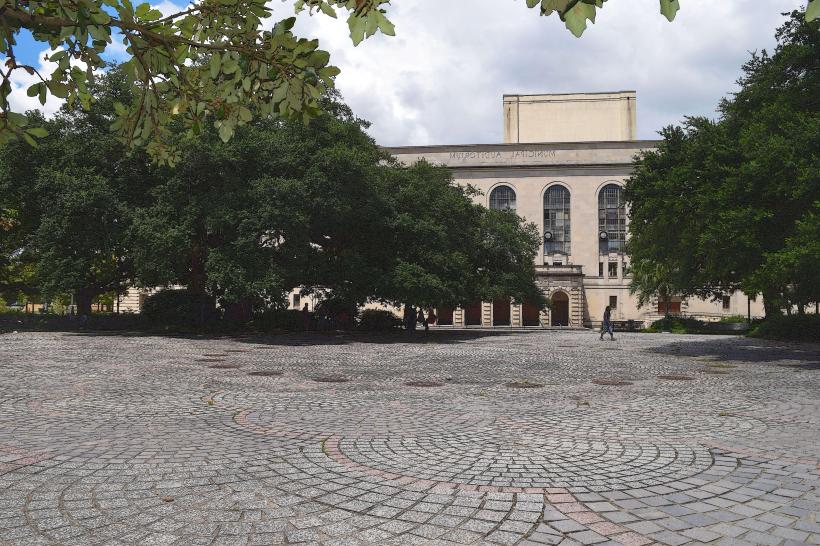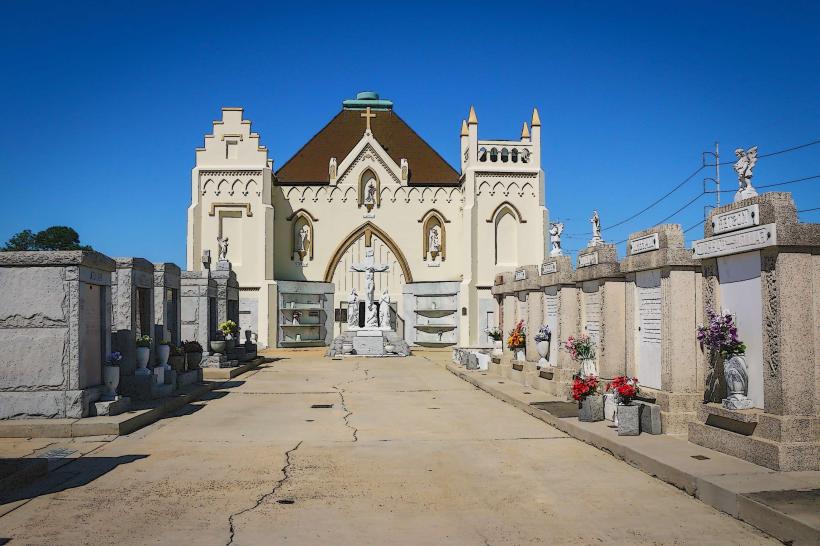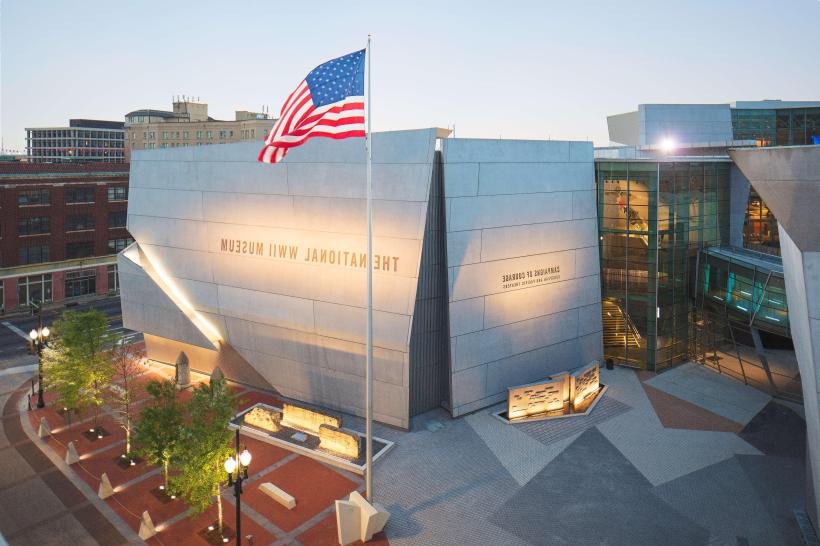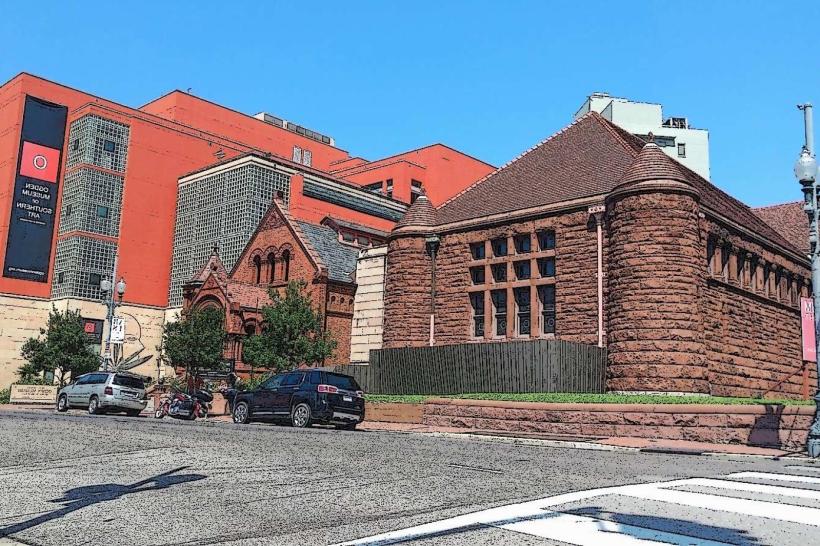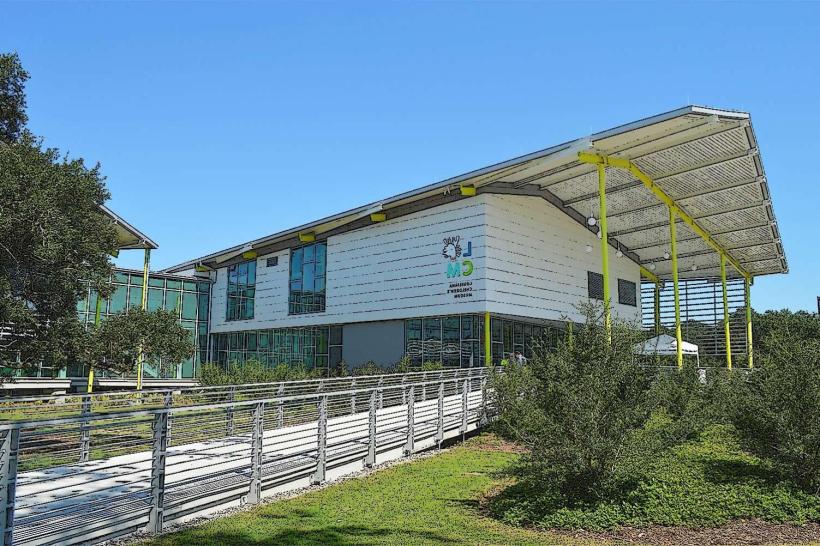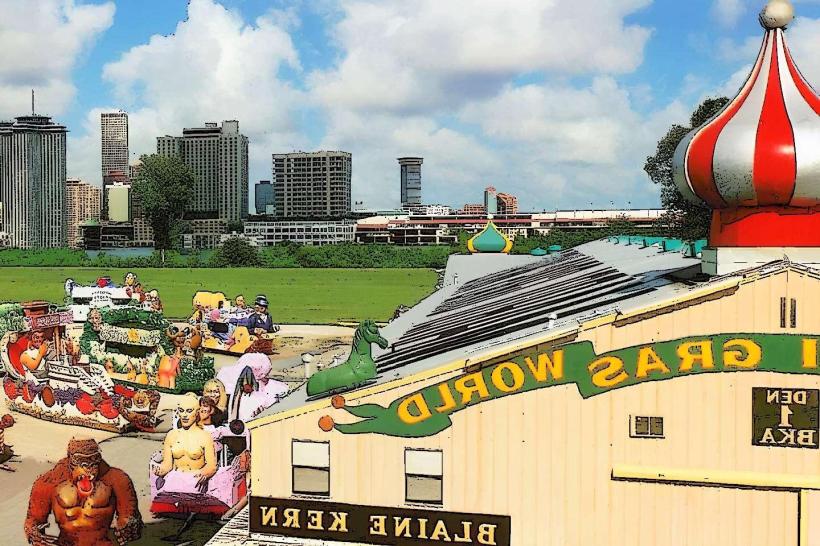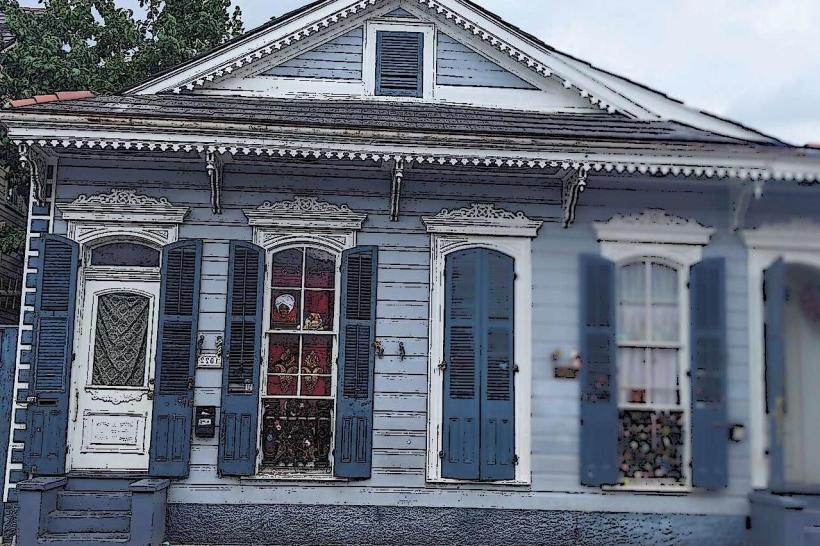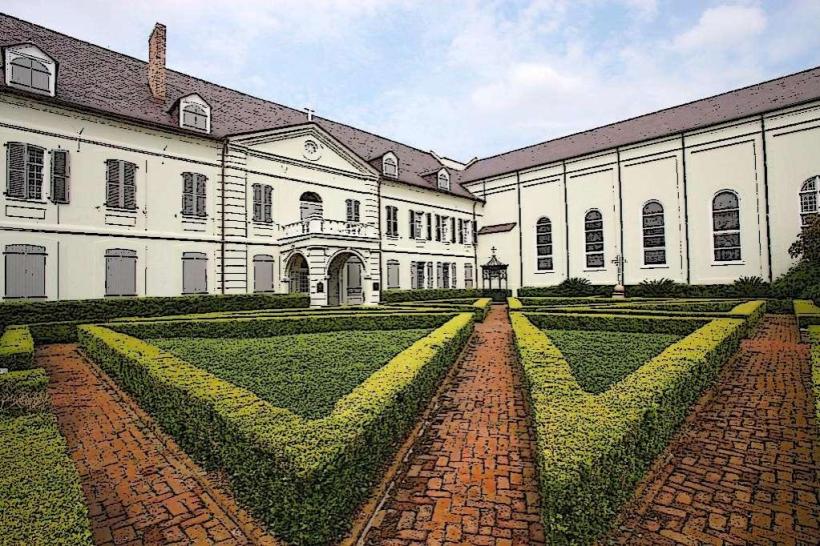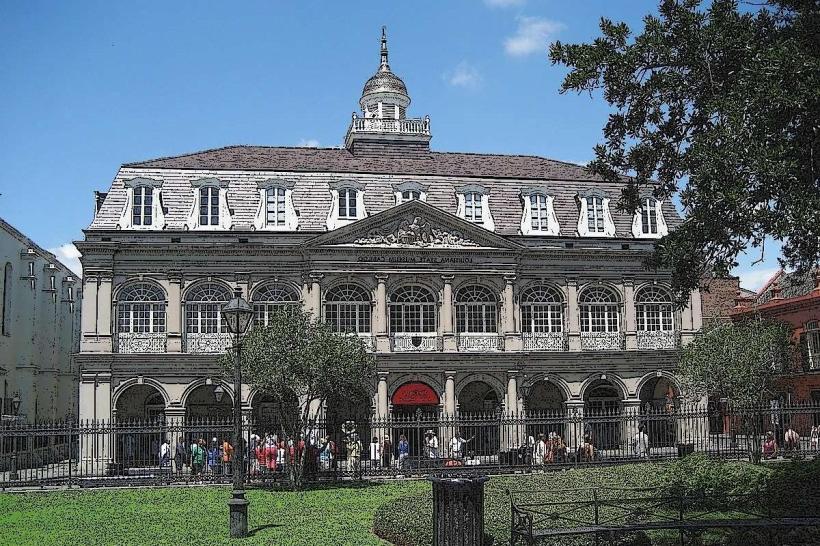Information
Landmark: Bourbon StreetCity: New Orleans
Country: USA Louisiana
Continent: North America
Bourbon Street, New Orleans, USA Louisiana, North America
Bourbon Street is one of New Orleans’ most famous and iconic streets, located in the heart of the French Quarter. Known for its vibrant nightlife, historic architecture, and deep cultural significance, it stretches approximately 13 blocks from Canal Street to Esplanade Avenue, running parallel to the Mississippi River. Bourbon Street is synonymous with the city’s festive spirit, especially during Mardi Gras and other major celebrations.
History and Layout: Bourbon Street dates back to the early 18th century when New Orleans was under French colonial rule. It was named after the French royal House of Bourbon. The street was designed as part of the French Quarter’s grid layout, with buildings featuring the distinctive Spanish colonial-style architecture, including wrought-iron balconies, tall shuttered windows, and colorful façades. These buildings often have courtyards and hidden gardens, offering a quiet contrast to the bustling street below.
Cultural Significance: Bourbon Street has long been a hub for entertainment and social life. During the 19th and early 20th centuries, it gained a reputation for jazz clubs, theaters, and bars, helping to cement New Orleans’ status as the birthplace of jazz. The street’s culture reflects the city’s Creole and French heritage, blending music, food, and festivities in a unique way.
Nightlife and Entertainment: Today, Bourbon Street is world-renowned for its nightlife. The street is lined with bars, live music venues, jazz clubs, and restaurants. Street performers, musicians, and artists add to the lively, spontaneous atmosphere, particularly after dark. During Mardi Gras, Bourbon Street becomes a central stage for parades, music, and revelry, drawing visitors from around the globe.
Tourist Experience: Walking down Bourbon Street provides an immersive sensory experience: the sounds of live jazz, blues, and brass bands; the aroma of Creole and Cajun cuisine; the sight of historic façades lit with colorful neon signs; and the energy of a multicultural crowd. While it is heavily commercialized and can be crowded, the street retains its historic charm through the architecture, the ongoing presence of live music, and the preservation of traditions.
Architecture and Visual Appeal: The buildings along Bourbon Street range from modest two-story structures to ornate three-story townhouses with intricate ironwork balconies. Many of these structures date back to the late 18th and early 19th centuries, reflecting both French and Spanish influences. The balconies are often adorned with hanging plants, beads, and flags during festivals, adding to the street’s vibrant visual character.
Events and Festivals: Beyond Mardi Gras, Bourbon Street hosts various cultural events, including French Quarter Festival performances, live jazz nights, and seasonal celebrations. The street’s energy and accessibility make it a focal point for visitors seeking both historical and contemporary New Orleans experiences.
Bourbon Street exemplifies the city’s dynamic fusion of history, music, cuisine, and celebration, making it an essential destination for understanding the spirit and culture of New Orleans. Its combination of architectural beauty, lively atmosphere, and cultural depth creates an environment that is both historically significant and endlessly entertaining.

